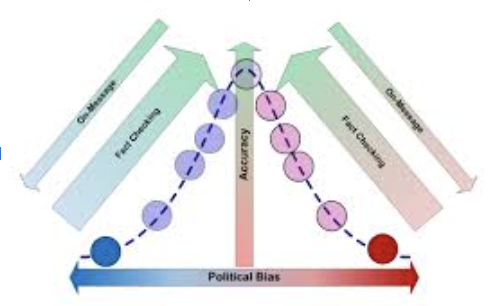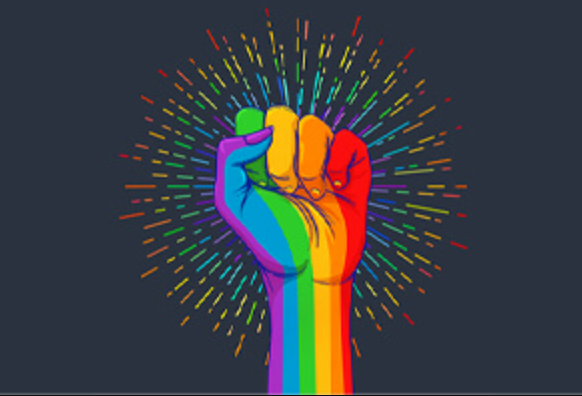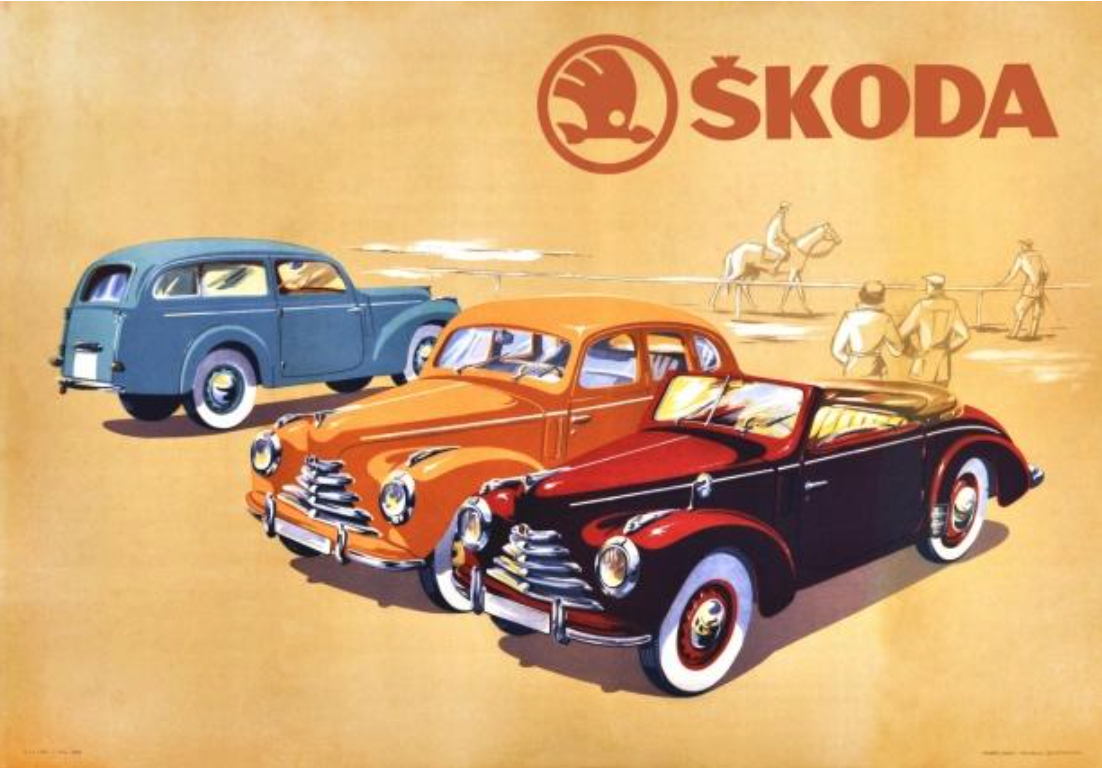From the high-class looks of runway models to the multitudes of trendy clothes in shops around the world, fast fashion has been particularly dominant with the turn of the twenty-first century. Although shopping for the newest and aesthetically-pleasing clothes is exciting and addicting, the underlying effect of fast fashion has been the destruction of our environment, horrific animal cruelty, and the exploitation of unskilled workers who are the backbone of the industry. You may wonder, just how did the evolution of fashion lead to something so terrifying? Well, first we must ask, what exactly is fast fashion and how does it affect our planet?
Fast fashion is the business model of replicating trendy and high-fashion clothes, typically debuted in fashion shows, and mass-producing the designs for a low cost. It relies on cheap material that can be produced quickly and sold at low prices, prompting people to throw them away once they aren’t trendy anymore. This rapid cycle of buying then throwing away fills up landfills endlessly with synthetic fibers that take hundreds of years to decompose. According to the most recent EPA data on municipal solid waste, America, a large consumer of fast fashion, produces over 17 million tons of textile waste every year(112 pounds per person!!).
— it also leads to the pollution of clean water sources with the harmful toxins from the cheap textiles. Another key factor in this detriment to our environment is the frightening amount of water needed to make clothes. Every year, 1.3 trillion gallons of water is used and contaminated with toxic chemicals in the dyeing process. Not only is it one of the largest global contributors to the pollution of clean water, but fast fashion is also responsible for 10% of global carbon emissions, more than all maritime shipping and international flights combined! Take polyester as an example, one of the most popular fabrics for clothing. Polyester is derived from fossil fuels, which contributes heavily to global warming and shedding microfibres that escalate the amount of plastic in our oceans when washed and worn. Moreover, it is expected to grow by more than 50% by 2030 due to its long supply chains and energy-intensive production.
Another key factor fast fashion plays in our environment is the unimaginable animal cruelty and land damage. Many animals, raised solely for their fur or coats, are subject to unethical and unsustainable farming practices. Abuse runs especially rampant in industries like the wool industry, where sheep are treated like inhumane textile-farming machines. In 2014, a PETA investigation in the U.S and Australia caught over 30 shearing sheds mistreating animals. Sheep were punched, kicked, stomped on, hit by electric clippers, and more. One shearer was even caught using a sheep’s body to clean up urine from the floor. Male lambs are also castrated between two to eight weeks old, where their testicles are either cut off, or fall off after their blood supply is cut off with a rubber ring (however most lambs die before 8 weeks). Additionally, animals that provide major clothing materials are led to overgraze huge parts of land, damaging the soil which may ultimately lead to the loss of many valuable plant species. Other materials, such as conventional cotton, require tremendous amounts of water and pesticides that can result in drought risks in countries like China and India, alongside a massacre of beneficial bugs and insects.
In addition to the overwhelming environmental harm, the health of our planet isn’t the only cost to pay. In the fast fashion industry, tens of millions of workers, especially in China and Bangladesh, are exploited by corporations and forced to work long hours with a dirt-cheap wage. In fact, less than 2% of the 75 million garment workers are paid a living wage. Additionally, around 80% of these workers are women who are often sexually harassed and exploited due to the cultural stereotypes of submissiveness and passivity. Regarding female Indonesian workers, the Clean Clothes Campaign exposes, “Girls in the factory are harassed by male managers. They come on to the girls, call them into their offices, whisper into their ears, touch them, bribe them with money and threaten them with firing if they don’t have sex with them.” Furthermore, while you may think that luxury brands avoid using the modern-day slavery of miserable workers, brands like Prada, Fendi, and Dior rank among the worst brands in protecting employees from exploitation. Through third-party contractors employing labor in sweatshops, luxury brands can keep their hands and reputations seemingly clean.
Fast fashion has proven time and time again the violation of not only our ecosystems but the infringements of workers’ rights. The demand for cheap and available clothes has polluted our air and clean water, abused millions of miserable workers, and massacred a wide spectrum of beneficial animals and insects. Although the promotion of voguish outfits may be appealing to the stylish and trendy consumers of the clothing industry, fast fashion and its sustainability has become one of the biggest abominations of the twenty-first century.
Sources:
Drew, Deborah and Yehounme, Genevieve. “The Apparel Industry’s Environmental Impact in 6 Graphics” World Resources Institute, 5 Jul.2017. https://www.wri.org/insights/apparel-industrys-environmental-impact-6-graphics
Clarke, Rebekah. “Fast Fashion’s Carbon Footprint” Carbon Literacy Project, Aug.2021. https://carbonliteracy.com/fast-fashions-carbon-footprint/
Igini, Martina. “10 Concerning Fast Fashion Statistics” Earth.org, 21 Aug.2023. https://earth.org/statistics-about-fast-fashion-waste/
“The Wool Industry” PETA, https://www.peta.org/issues/animals-used-for-clothing/wool-industry/
Mcdonald, Amaya and Nicoli, Taylor. “What is fast fashion and why is it so controversial?” CNN, 26, Nov.2023. https://www.wbaltv.com/article/what-is-fast-fashion-why-is-it-so-controversial/45946898#
“Gender: Women Workers Mistreated.” Clean Clothes Campaign, https://cleanclothes.org/issues/gender










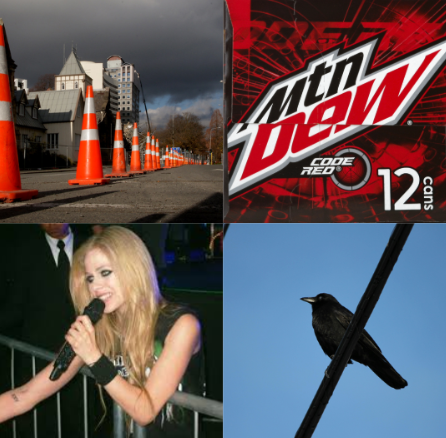
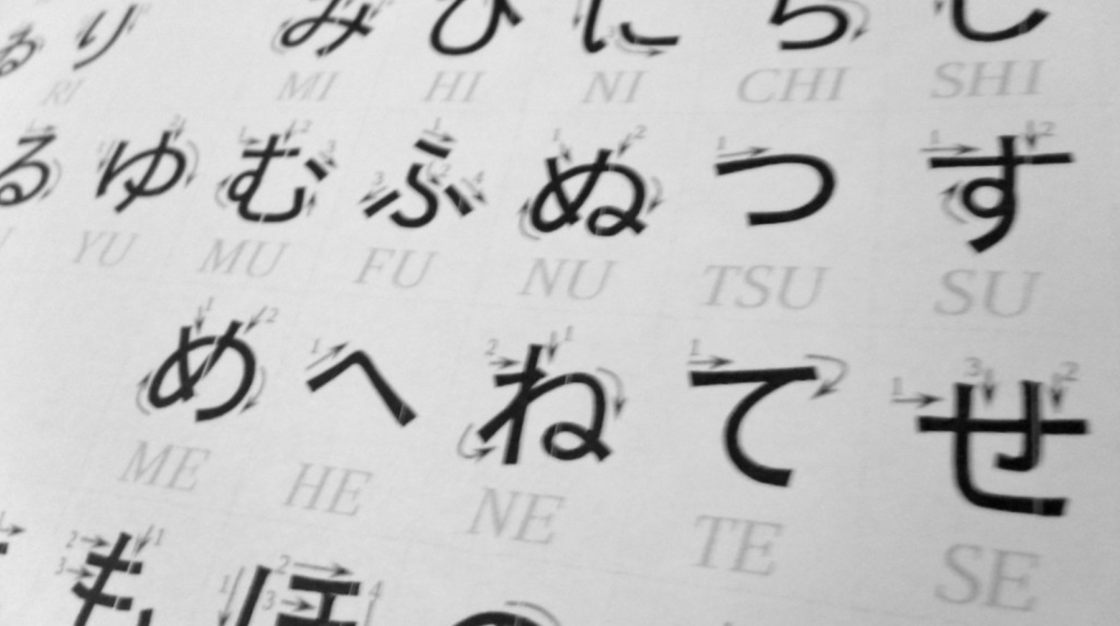





![Teacher [Milk] Tea: Part 2](https://bisvquill.com/wp-content/uploads/2024/03/Screen-Shot-2024-03-19-at-9.28.48-PM.png)



















